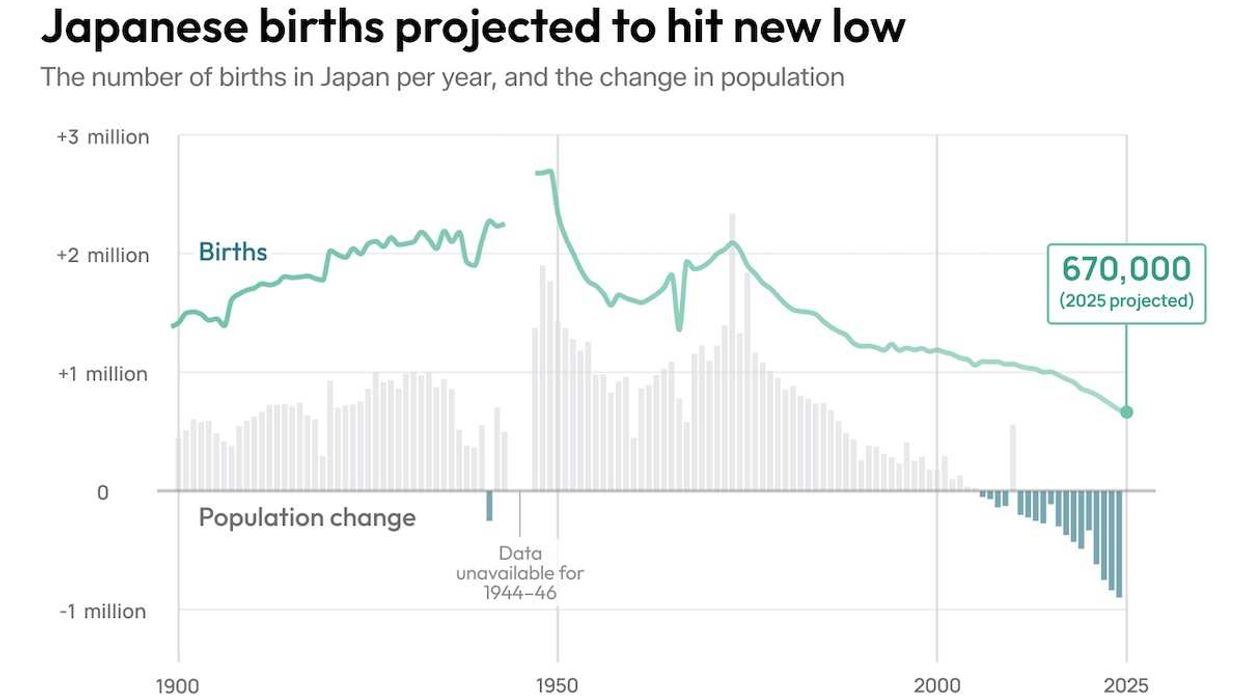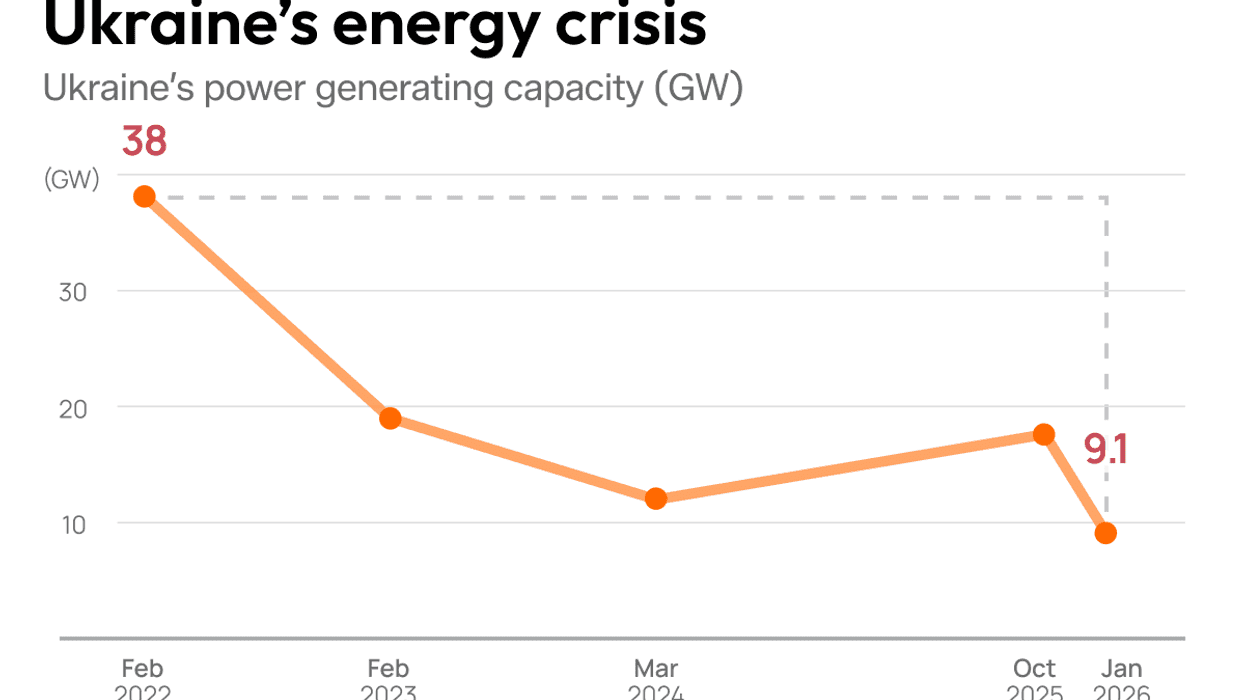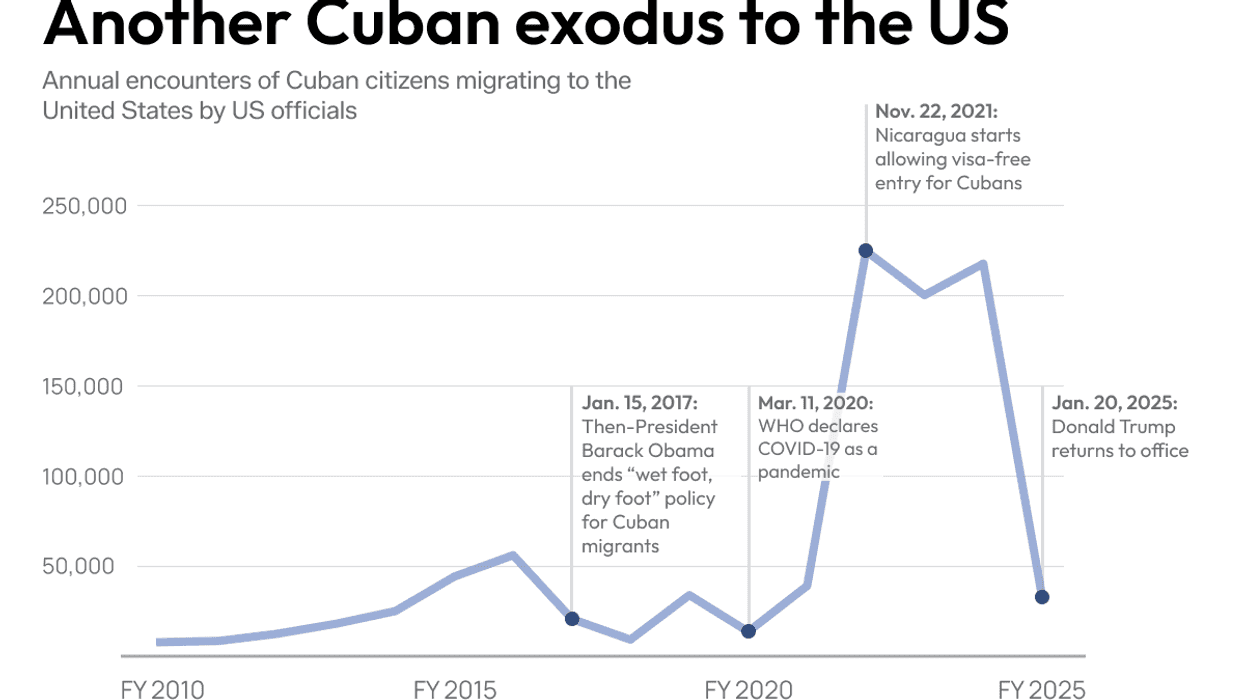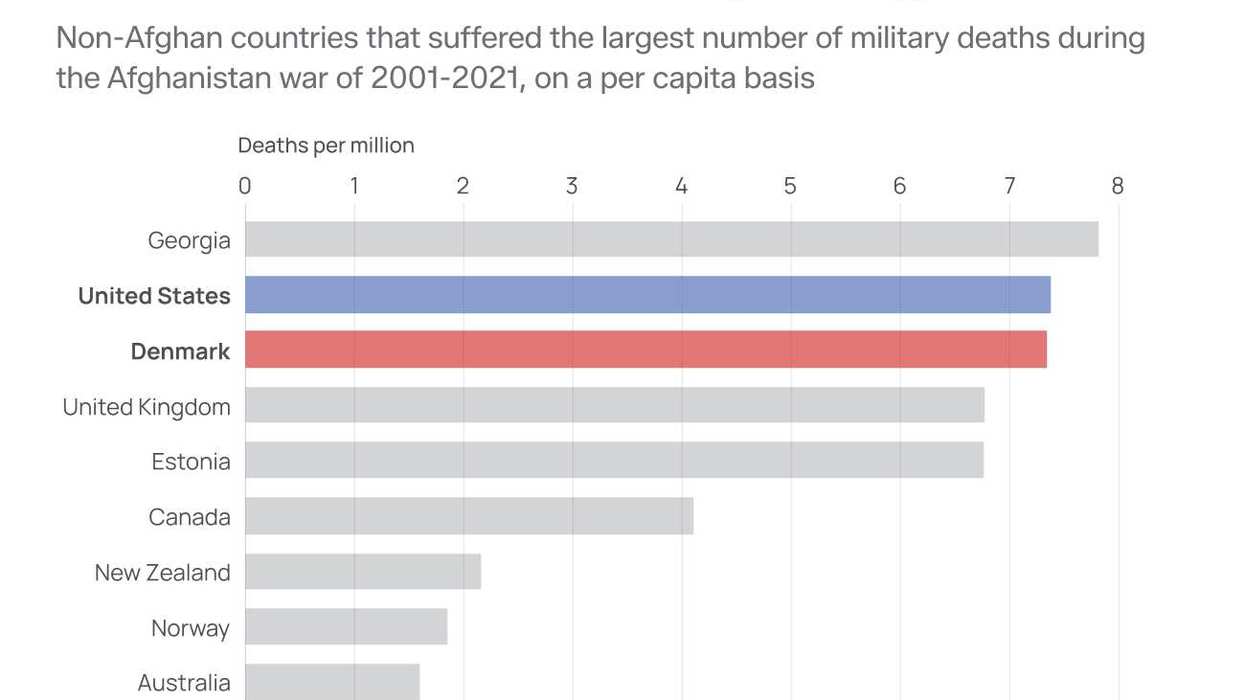Buried behind the headline provisions of the House Republicans’ “Big, Beautiful Bill” is a clause that increases the child tax credit from $2,000 to $2,500 per child per year. If the bill passes, it would mark the second time that President Donald Trump has raised the credit: he increased it from $1,000 to $2,000 in 2017 as part of the Tax Cuts and Jobs Act. The chart shows the level of the benefit over the last 15 years, and compares it to child poverty rates.
The CTC garnered a huge amount of attention during the COVID-19 pandemic, when a large, temporary boost to the credit in 2021 – former President Joe Biden raised the maximum to $3,000 for children aged 5-17, and to $3,600 for children under 5 – coincided with child poverty rates plunging in the United States. When the benefit returned to pre-2021 levels, child poverty caromed back up. Voters across the political spectrum support expanding the CTC again, per Data for Progress polling, but critics believe that the House GOP plan isn’t remotely sufficient for alleviating child poverty on a large scale.


















